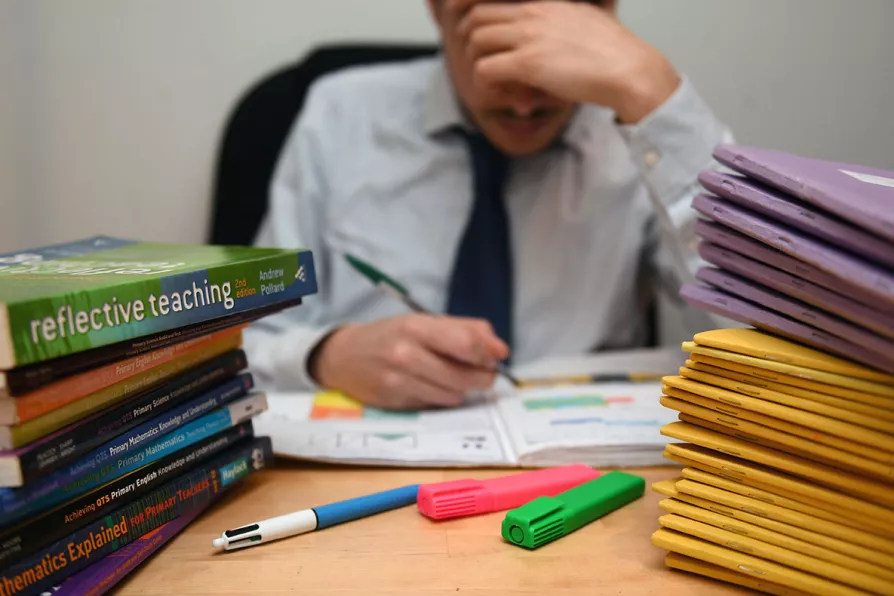A SECOND teaching union looks set to announce strike action as teachers facing “dystopian” levels of work-related stress look to up the pressure on the Tories this Easter weekend.
NASUWT general secretary Dr Patrick Roach warned his members “can’t go on much longer” without reforms to their pay and conditions ahead of the union’s annual conference.
He accused the government of ushering in an era where “teaching is no longer a sustainable way to make a living” ahead of the union announcing the results of its consultative ballot on possible strike action this weekend.


 Latest editorial
Latest editorial













